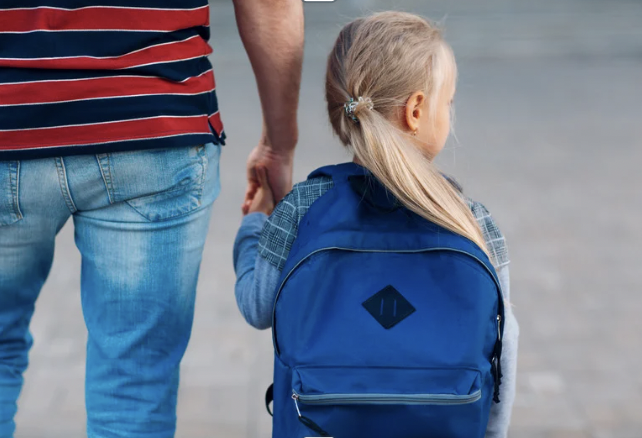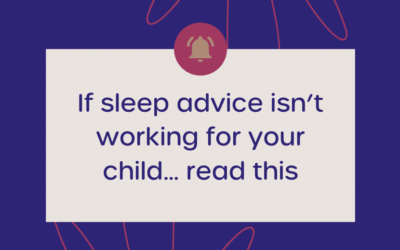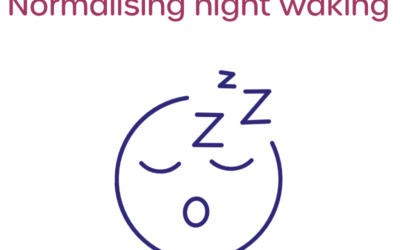Starting nursery UK is one of the biggest milestones in a family’s journey. It can feel exciting, daunting, and emotional all at once. Parents often imagine that first day photo -(tiny backpack, big smiles) but the reality can include tears at drop-off, clinginess at home, sleep challenges, and plenty of parental worry.
The good news? These ups and downs are completely normal. With the right preparation and gentle support, most children adjust well to nursery or school, and parents can feel calmer too.
Why Transitions Like Nursery and School Feel So Big
For young children, change is hard. They thrive on familiarity and routine. Starting school UK or nursery means adjusting to:
- Unfamiliar adults and different styles of care
- Larger groups of children and new friendships
- Noisier, busier environments
- Rules and expectations that differ from home
- Longer separations from parents or caregivers
Even if your child has been excited about starting, the reality of separation can feel overwhelming. Behaviour changes like tears, clinginess, disrupted sleep or toileting regressions are not signs something is wrong. They are simply signs of adjustment.
How to Prepare Your Child for Nursery or School
There are many gentle ways to ease this transition.
Talk and Play About It
Read storybooks about starting nursery or school. Role play with teddies — act out drop-off and pick-up. Keep language positive but realistic: “Mummy always comes back.”
Practise Routines in Advance
Start your morning routine a few days early: get dressed, leave the house, walk past nursery or school together. Familiarity reduces anxiety.
Comfort Objects Can Help
If allowed, let your child take a soft toy, a family photo, or even a scarf with your scent. These small reminders of home can be powerful anchors.
Keep Goodbyes Short and Predictable
Lingering makes it harder. A hug, a confident phrase like “See you after snack time,” and then leaving promptly builds trust and consistency.
Separation Anxiety at Nursery: What Parents Need to Know
Separation anxiety is common when children start nursery or school. Crying at drop-off does not mean your child will never settle — in most cases, tears stop within minutes of you leaving.
Remember:
- Separation anxiety shows your child values connection
- Staff are experienced at comforting upset children
- Staying calm yourself communicates safety and confidence
- Predictable goodbyes help children learn that you will always return
What to Expect at Home After Starting Nursery
After a long day of stimulation, many children experience after-school meltdowns. They hold it together all day, then release their emotions with you. This is normal and a sign that they see you as their safe base.
Ways to support them at home:
- Offer a snack and drink right after pick-up
- Allow downtime before asking about their day
- Keep evenings simple and calm
- Provide extra cuddles and reassurance
What to Pack in Your Child’s Nursery Bag
Having the right items packed can make those first days smoother for both you and your child. Nurseries will usually give you a list, but here are some helpful essentials:
- Comfort item – a teddy, blanket or family photo for reassurance
- Spare clothes – at least two full changes in case of spills or accidents
- Nappies and wipes – if your child is still in nappies
- Water bottle or cup – labelled with your child’s name
- Weather gear – sunhat and sunscreen in summer, wellies and coat in winter
- Familiar snacks – if permitted, a small, safe snack can ease transitions
- Extra underwear – for children in potty training or early independence
Labelling everything helps staff (and your child!) keep track of belongings. A familiar bag or backpack can also make your child feel more confident and grown-up.
Creating a Goodbye Ritual
Goodbyes are often the hardest part of starting nursery UK. Having a short, predictable routine can help your child feel more secure. Here are some ideas:
- Special phrase – say the same words each time, such as “See you after snack time.”
- Hug + high five – keep it quick and confident rather than dragging it out.
- Kiss on the hand – leave a “magic kiss” for your child to hold onto.
- Draw a heart – some parents draw a small heart on their child’s hand and on their own to “stay connected” during the day.
The key is consistency. A confident, calm goodbye reassures your child that you trust the staff and that you’ll always return. Long, emotional goodbyes usually make things harder.
Supporting Yourself Through the Transition
Starting nursery UK is not just a big change for children, it can be emotional for parents too. You may feel sad, anxious or even guilty. All of this is normal.
Be kind to yourself:
- Plan a coffee, a walk, or a chat after drop-off
- Connect with other parents going through the same stage
- Remind yourself that separation is part of healthy development
When to Seek Extra Support
Most children settle within a few weeks. If distress continues for a long time, or if sleep, appetite and behaviour remain very disrupted, talk to staff or your Health Visitor. Sometimes a slower settling-in plan is all that’s needed. Trust your instincts, you know your child best.
Where to Find Trusted Guidance
When searching for advice, stick to evidence-based sources like:
- NHS – Separation Anxiety in Children
- BBC Tiny Happy People for activities and reassurance
Final Thoughts on Starting Nursery UK
Starting nursery UK is a big milestone, but tears at drop-off, tired evenings and regressions at home are signs of adjustment, not failure. With gentle preparation, consistent routines and lots of connection, children grow in confidence and begin to enjoy their new environment. And with the right support, parents can feel calmer too.
If you’d like extra help during this stage, I offer:
- Free 15-minute discovery calls to explore your child’s needs
- 1:1 behaviour and sleep support packages tailored to your family
- Access to The Nest — my online community with weekly strategies, freebies and expert guidance
💛 You don’t have to go through this transition alone.




0 Comments